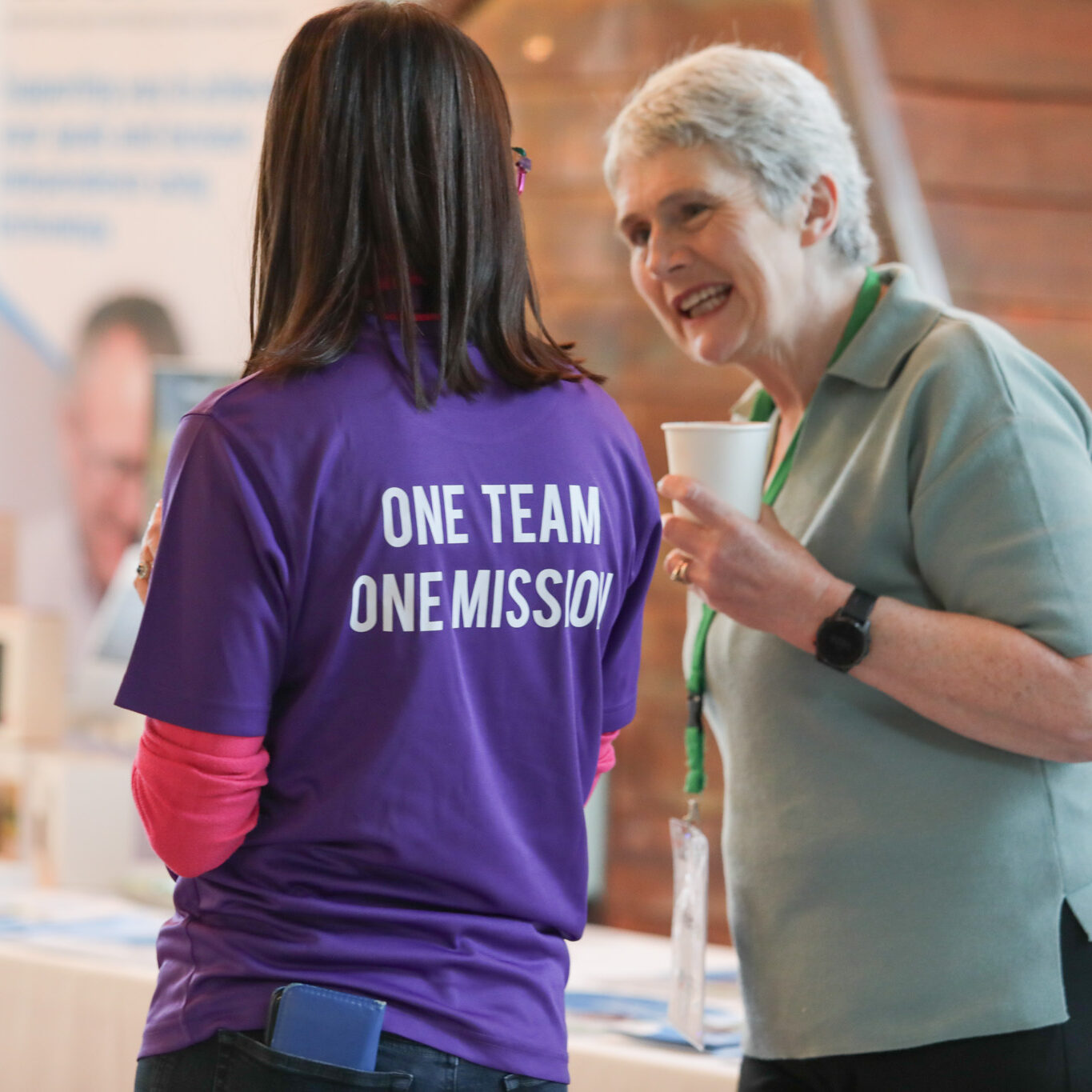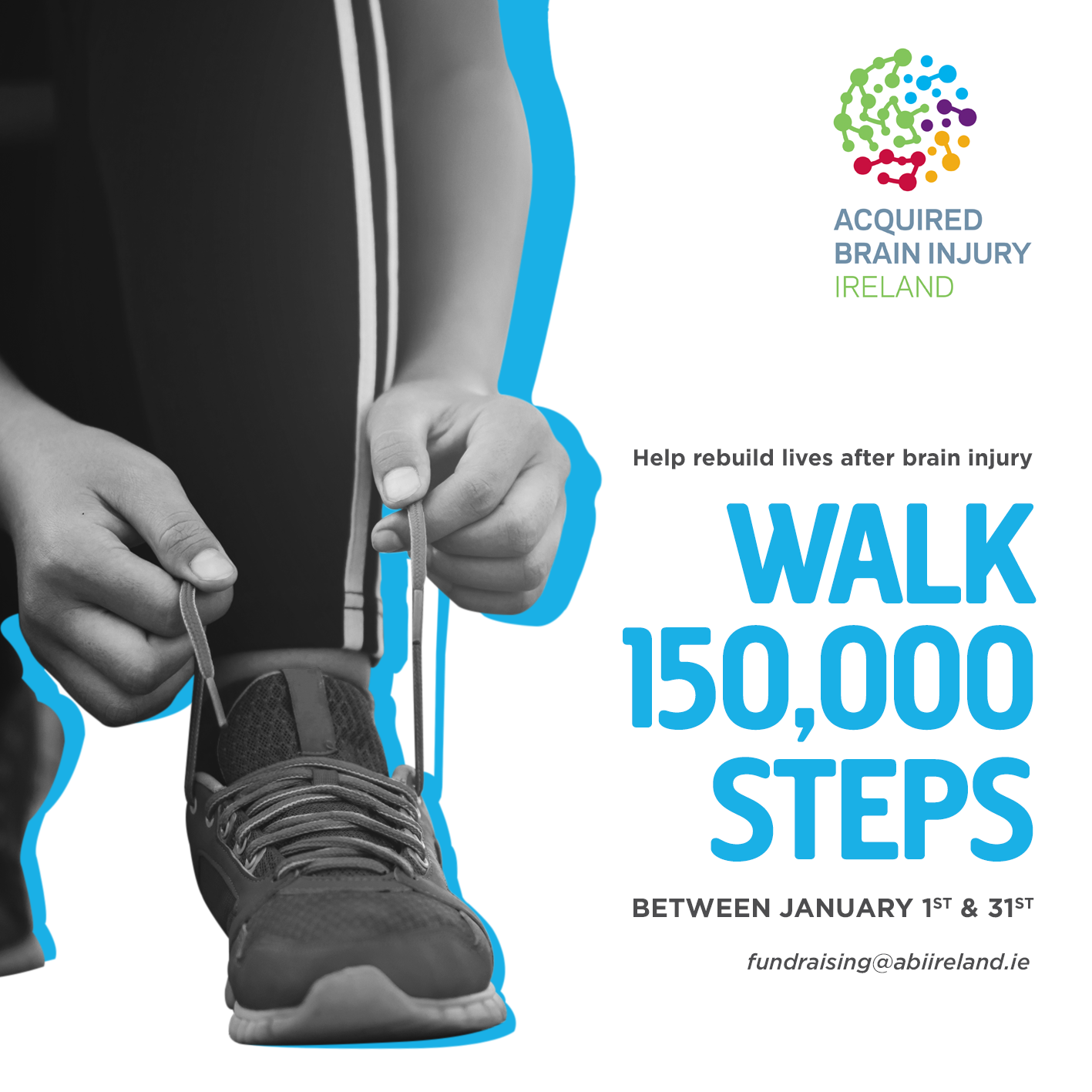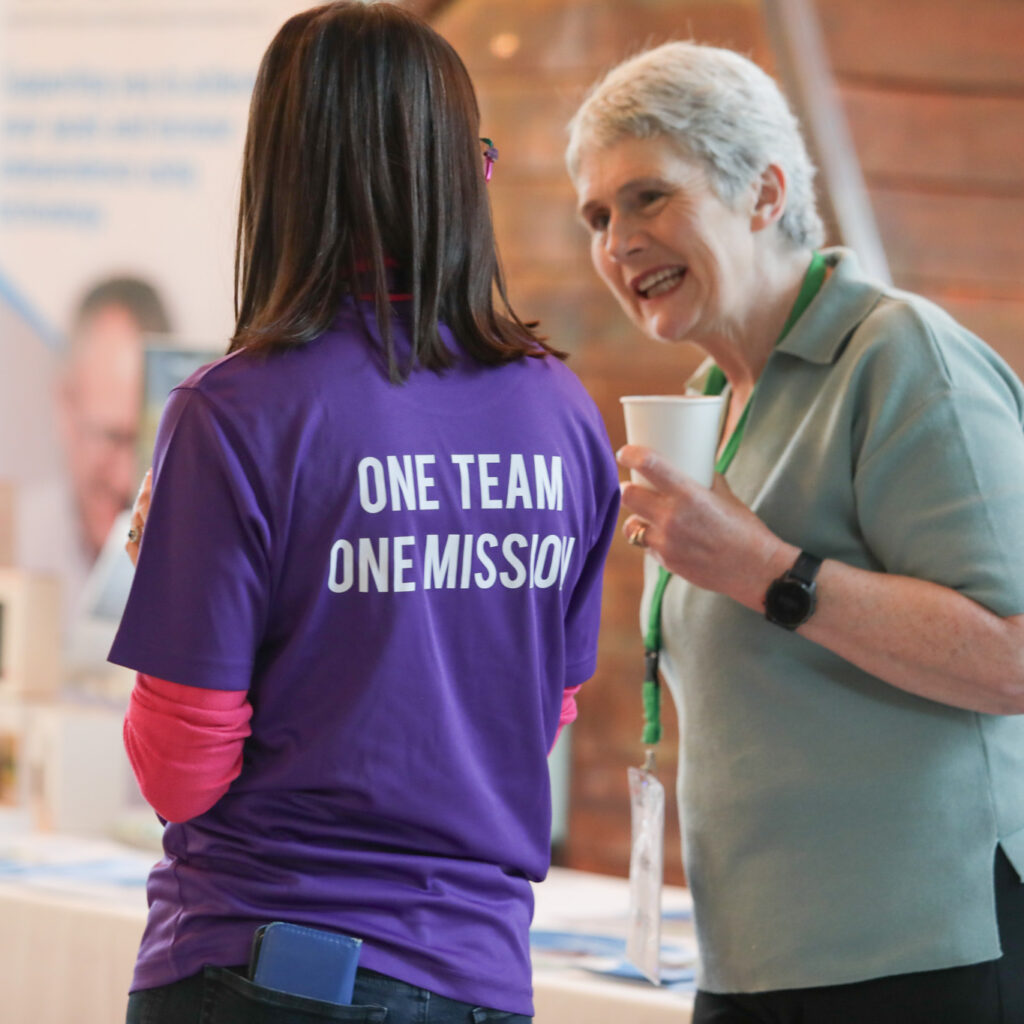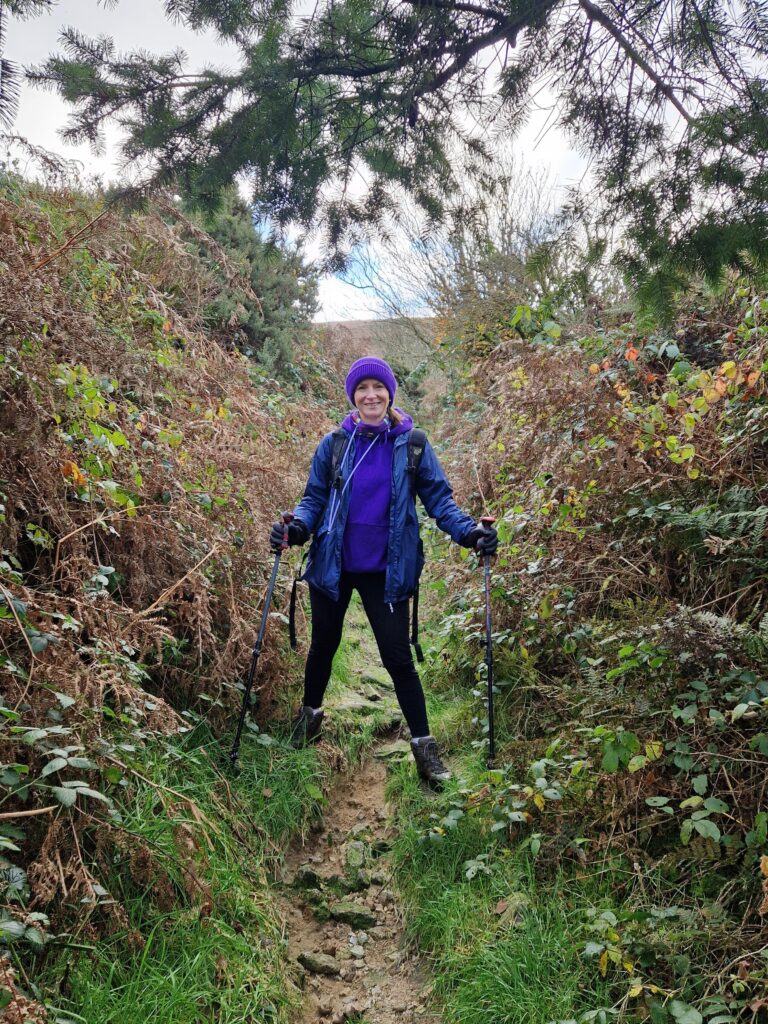We are seeking funding in budget 2025 to establish a national case management service that could stop the inappropriate placement of young brain injury survivors in nursing homes for older people.
As outlined in our pre budget submission, with funding of €2m in 2025 we can expand our specialist brain injury case management team to all counties, reaching survivors nationwide and supporting them to live more independently in their communities, as close to home as possible.
CEO Karen Foley said that this modest investment by Government would transform the lives of many people and families:













